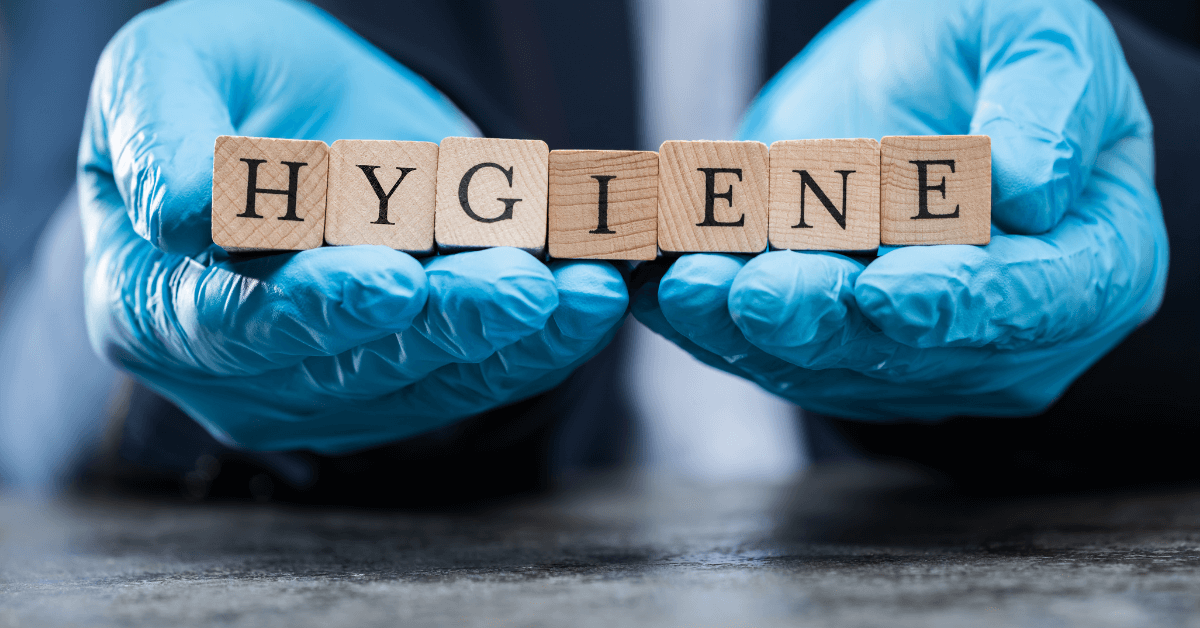Many people experience discomfort in their anal area. They often wonder, “Are my symptoms hemorrhoids?” Hemorrhoids are very common. They affect millions of adults. These swollen veins cause pain, itching, and bleeding. While often harmless, they can cause significant distress. Sometimes, other conditions mimic hemorrhoid symptoms. Some of these conditions are more serious. This makes proper diagnosis very important. It ensures you receive correct treatment.
This blog post helps you understand hemorrhoid signs. It also guides you on when to seek medical advice. We will explore common symptoms. We also discuss risk factors. Finally, we explain when to consult a doctor. This empowers you to protect your health.
Understanding What Hemorrhoids Are
Hemorrhoids are swollen veins that form in the rectum or anus. Specifically, these veins become inflamed and irritated. There are two main types of hemorrhoids. First, internal hemorrhoids develop inside the rectum. You usually cannot feel them, but they often cause painless bleeding. In contrast, external hemorrhoids form under the skin around the anus. These are often itchy or painful and can also bleed. Sometimes, a blood clot forms inside, known as a thrombosed external hemorrhoid, which causes sudden, severe pain. Overall, understanding these types is helpful because it aids in answering the question, “Are my symptoms hemorrhoids?”
Common Signs of Hemorrhoids
Recognizing typical symptoms is the first step. Many people experience similar sensations. They might notice blood after a bowel movement. This blood is usually bright red. It appears on toilet paper. Sometimes it drips into the toilet bowl. Are my symptoms hemorrhoids if I feel itching? Yes, anal itching is a very common sign. You might also feel pain or discomfort. This pain can be dull or sharp. A noticeable lump near the anus is another sign. This is especially true for external hemorrhoids. You might also feel swelling. A sensation of fullness after bowel movements can occur. These symptoms can vary in severity. They depend on the type and size of the hemorrhoid.
Factors That Increase Hemorrhoid Risk
Several factors can increase your risk. Understanding these helps in prevention. Chronic constipation is a major cause. Straining during bowel movements raises pressure. This pressure can cause veins to swell. Chronic diarrhea also increases risk. Pregnancy greatly increases pressure. The growing uterus presses on veins. Hormonal changes also play a role. Obesity adds pressure on pelvic veins. A low-fiber diet can lead to constipation. Sitting for long periods contributes to pressure. Heavy lifting also increases abdominal pressure. Family history may play a part. Aging can weaken supporting tissues. Knowing these risk factors is key. It helps you assess your own situation. It also helps manage your symptoms.
When to Seek Medical Attention
While many hemorrhoids resolve on their own, some require a doctor’s visit. It is crucial to know when to seek help. Ignoring symptoms can lead to worsening conditions. Always ask, “Are my symptoms hemorrhoids that need attention?”
Here are clear signs you should see a doctor:
- Rectal Bleeding: Any bleeding from the rectum requires evaluation. Bright red blood is often hemorrhoids. However, darker blood can signal serious issues. Conditions like polyps or colon cancer must be ruled out. Never assume bleeding is just hemorrhoids.
- Severe Pain: Intense pain, especially sudden pain, needs immediate assessment. A thrombosed external hemorrhoid causes sharp pain. Other serious conditions cause similar pain.
- Persistent Symptoms: If symptoms do not improve. This applies after a week of home care. A doctor can offer stronger treatments.
- Prolapsed Hemorrhoids: If a hemorrhoid protrudes. It cannot be pushed back inside. This requires medical intervention.
- Changes in Bowel Habits: Unexplained changes are concerning. These include changes in stool consistency or frequency.
- Unexplained Weight Loss: This is a red flag. It needs immediate medical investigation.
- Dizziness or Fainting: These can indicate significant blood loss. Seek emergency care immediately.
These situations warrant prompt medical evaluation. A correct diagnosis is always essential.
Diagnosing Your Condition
When you visit a doctor, they first perform a thorough examination. Initially, they will ask about your symptoms and inquire about your medical history. Next, a physical examination is conducted, which is crucial for an accurate diagnosis. Often, this includes a digital rectal exam, allowing the doctor to check for lumps or tenderness.
Additionally, your doctor might use an anoscope or proctoscope to view the inside of the rectum. These tools help identify internal hemorrhoids. If there is bleeding, a colonoscopy may be recommended. This procedure thoroughly examines the colon and helps rule out other serious conditions.
Overall, this comprehensive approach ensures accuracy and provides peace of mind. Ultimately, only a doctor can definitively answer the question: “Are my symptoms hemorrhoids?”
Effective Treatment Options for Hemorrhoids
Many effective treatments exist for hemorrhoids. Your doctor will recommend the best course. This depends on severity and type.
Initial treatments often include:
- Dietary Changes: Increasing fiber intake is key. This includes fruits, vegetables, and whole grains.
- Increased Hydration: Drinking plenty of water softens stools.
- Stool Softeners: These can help ease bowel movements.
- Warm Soaks: Sitz baths provide soothing relief.
- Topical Creams: Over-the-counter creams reduce itching and swelling.
If home remedies are not enough, medical procedures are available. These include rubber band ligation. Sclerotherapy also offers relief. Infrared coagulation is another option. For more persistent or severe cases, surgical options exist. One advanced treatment is Laser Hemorrhoidoplasty (LHP). This minimally invasive procedure uses laser energy. It shrinks hemorrhoidal tissue. It offers faster recovery and less pain. Our specialists at IBI Clinic Tampa provide such advanced options. We ensure you get personalized, effective care. We discuss all available treatments.
Preventing Future Hemorrhoid Episodes
Prevention is crucial for long-term relief. Firstly, adopting healthy habits makes a significant difference. For example, eat a high-fiber diet daily and drink plenty of water. Also, avoid straining during bowel movements and do not sit on the toilet for long periods. Additionally, exercise regularly to promote bowel health and maintain a healthy body weight. Ultimately, these simple lifestyle adjustments help you stay hemorrhoid-free. At IBI Clinic, we empower you with knowledge because our goal is your lasting comfort.
IBI Clinic Tampa: Your Partner in Digestive Health
When you ask, “Are my symptoms hemorrhoids?” you should not hesitate to seek help because delaying care can worsen your condition. At IBI Clinic Tampa, we offer comprehensive evaluations, and our team also provides personalized treatment plans tailored to your needs. We specialize in effective, minimally invasive solutions, including advanced options like Laser Hemorrhoidoplasty (LHP). Our commitment extends to ensuring your comfort and long-term well-being, so you can feel confident in your care. You should not let discomfort continue to affect your life since expert treatment is available. Take control of your digestive health today by scheduling a consultation with our compassionate team, and we will help you find lasting relief.



